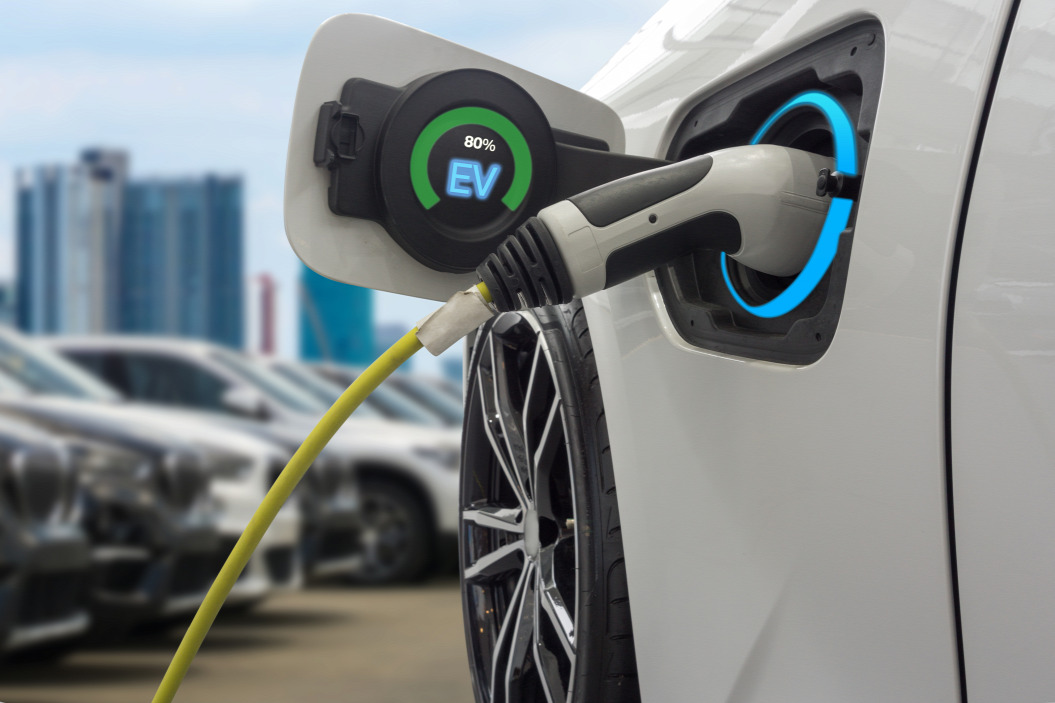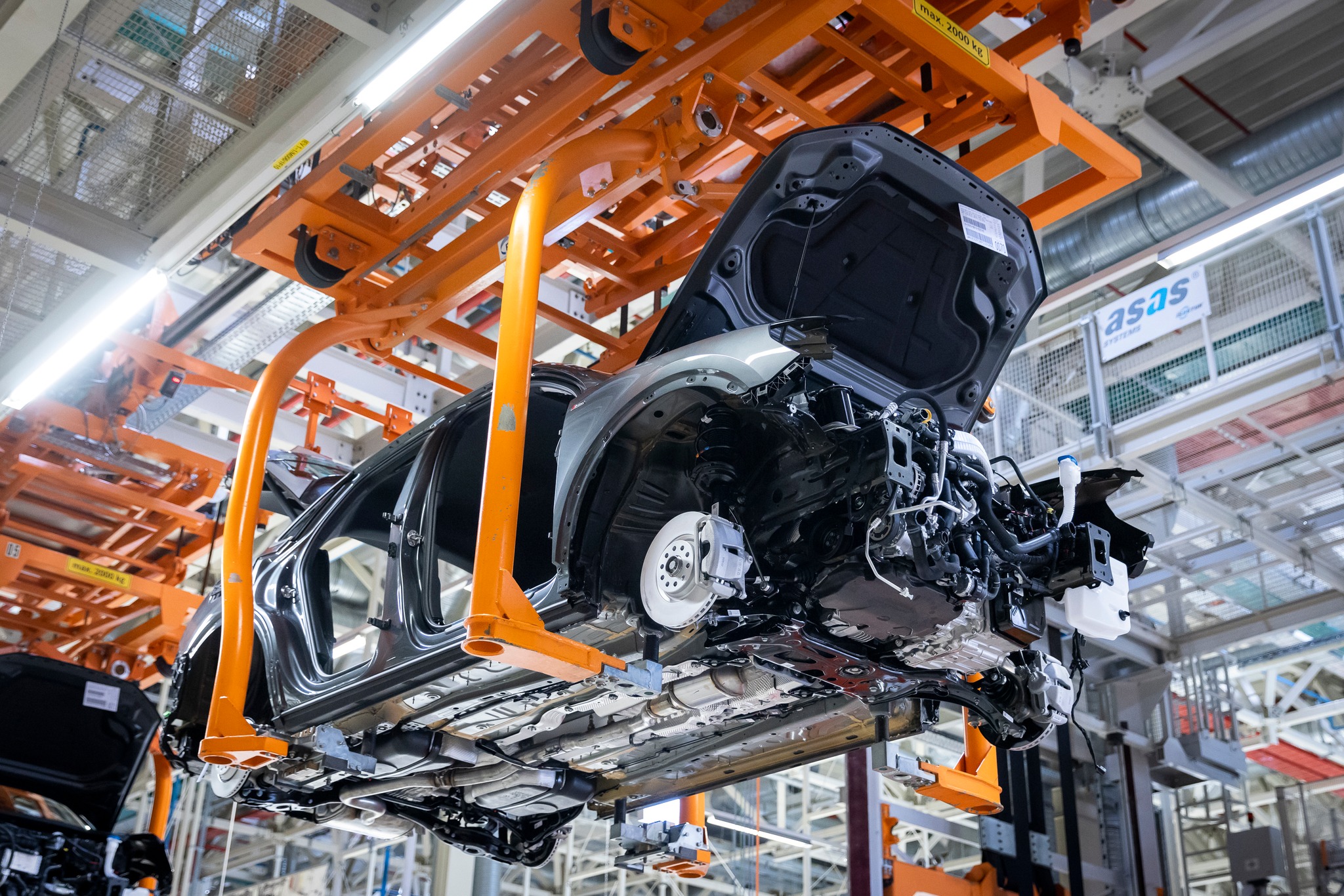
Applications for support can be submitted from February 5.Continue reading

Following his visit to Berlin in April, Minister for National Economy Márton Nagy traveled to Bavaria (southeastern Germany) and met once again with leading players in the German automotive industry. On Monday and Tuesday, the Minister and the ministry’s delegation held talks with Gernot Döllner, CEO of Audi, Frank Weber, member of the board of BMW, and Eckart von Klaeden, vice-president of Mercedes.
The main topics of the talks were the preparation for the Hungarian EU presidency and the current competitiveness issues of the German and European automotive industry. The future challenges and opportunities for the sector were also discussed, with a particular focus on the electric vehicle industry and the transition to electric vehicles, the ministry said.
The parties agreed that electric cars are the future of Europe, in which cooperation between Hungary and the German automotive industry will play a key role. During the talks, the Minister stressed
the need for a pan-European action plan to promote and accelerate the uptake of electric cars in Europe and to achieve the 2035 target.
The main challenge in this respect is currently the lack of charging infrastructure for electric cars. In this context, the parties noted that there is no coherent continental network in Europe for long-distance, fast, and hassle-free travel, which should be significantly developed through public and private investment.
In addition to the development of an electric network for electric cars, the discussions also addressed the need to transform the regulatory environment. One proposal was to increase the density of fast-charging points in the Trans-European Transport Network (TEN-T), for instance every 50 kilometers. On the other hand, it is also important to ensure that a significant part of the petrol station network is equipped with fast-charging facilities, the parties argued.
They also agreed that
the action plan should include a new EU-wide car purchase incentive scheme for both manufacturers and consumers to encourage the uptake of electromobility.
Changes to state aid rules may also be considered to stimulate sales. Nagy stressed that in addition to the purchase of new vehicles, the trade in used electric cars should be promoted and supported, including through the development of new standards. This is also served by an action plan to strengthen the competitiveness of European electric car use, the draft of which will be presented to the Member States as a “white paper” during the Hungarian Presidency at the Competitiveness Council meeting on July 8-9.
Via MTI, Featured image: Facebook/Audi Hungaria Győr